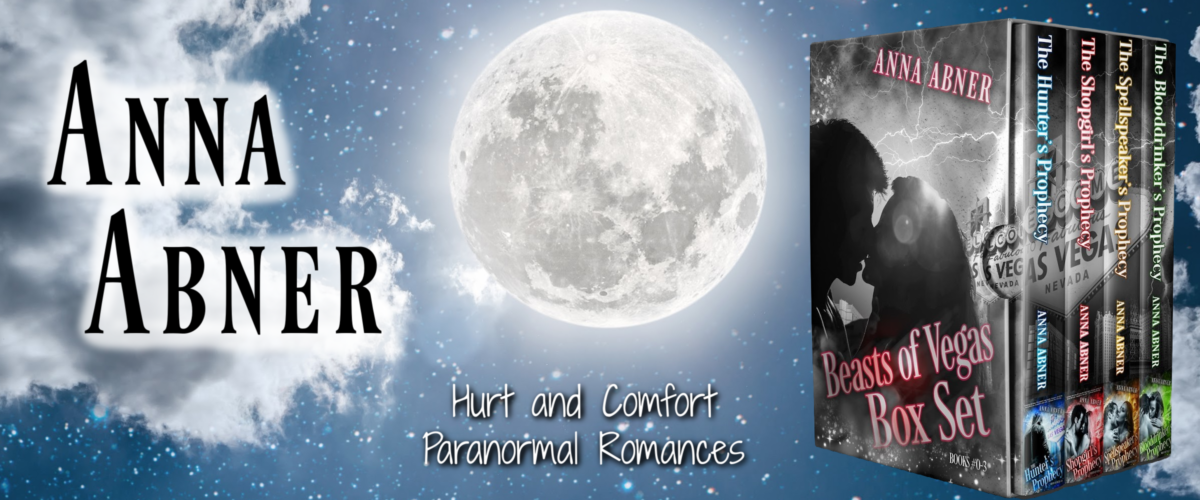Or, There is Such a Thing as Being Too Descriptive
“The road to hell is paved with adverbs.” Stephen King
I love adverbs when they add emphasis to a phrase I can’t get another way. For example:
She was alone. Absolutely and completely alone.
The word alone sounds so sad and final at the end of those adverbs, like a death sentence.
I hate adverbs because writers shouldn’t use them. Once in a while, a fun adverb spices up your writing, but more than a handful in your novel and your writing slides into high school English class territory. For example:
Trey quickly ran his fingers through his jet black hair before stomping furiously
through the yellow swinging door into the sparsely furnished living room.
Of course we want to set the scene for our readers, but sometimes we forget how rich our readers’ imaginations are. They don’t need a ton of set-up to create vibrant and fantastic worlds populated by our characters. So, how about:
Trey stomped into the living room, grumbling a string of curse words.
I cut out the unnecessary description, quickened the pace, and I can still see the character perfectly in my mind’s eye, including the furious expression on his face. And, if I want to imagine him finger-combing his hair, it’s up to me.
I love adverbs for their ability to add unique rhythms and emphasis to certain words and phrases. But I hate adverbs because they slow down my writing and encourage readers to skip to “the good parts.” I get rid of them by searching for “ly” and highlighting each adverb in neon blue. (This is time consuming. If you have a simpler method, let me know in the comments.) I read the sentence containing the adverb and decide on a case by case basis if I need it there, or not. For example, I left this one in:
Becca was thinking clearly again. She just couldn’t believe what she was seeing.
Because I like it. And, every once in a while, an adverb is okay.
<3 Anna
